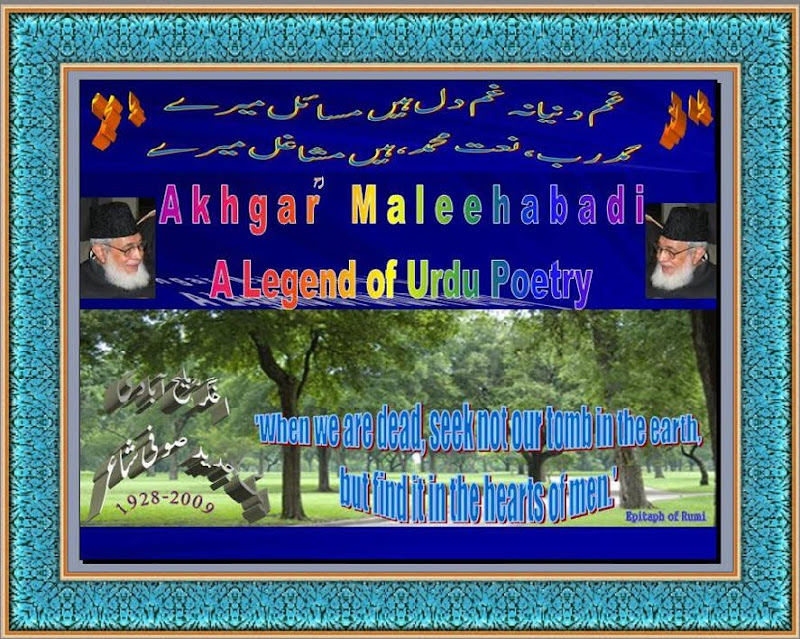Eminent Urdu litterateur, poet and scholar, Prof. Jagannath Azad died in Delhi on 24 July 2004 after a prolonged illness. The 85-year old doyen of Urdu is survived by wife, two sons and two daughters. He left behind a huge legacy of poetry and literature. He was one of the most respected names among Urdu literary circles, known for his intellectualism and refined manners.
Son of famous poet Tilok Chand Mahroom, Azad was born in Isa Khel town of West Punjab (now in Pakistan) on 15 December 1918. He did his BA from Garden College, Rawalpindi in 1937 and MA in Persian from Punjab University in Lahore in 1944.
Azad started his career with literary journalism and joined the editorial team of prominent Urdu monthly Adabi Dunya, published from Lahore. He was appointed assistant editor of Urdu daily Jai Hind in 1946. Few people know that Azad wrote Pakistan’s first national anthem which was sung for a few years.
After Partition, he migrated from Pakistan and settled with his father in India. Here he was assigned the job of assistant editor of Milap. Later he got the same post at Publications Division, Government of India. The journey did not stop there. He was appointed information officer at Press Information Bureau (PIB) during 1950s. The same post came to him in the ministry of food in 1964.
Prof. Azad was assistant editor of Aajkal from 1948 to 1953. The editorial team of the monthly at that time included Arsh Malsiani, Balwant Singh and Josh Malihabadi, the names that count a lot in the history of Urdu.
Azad kept on progressing. From information officer in the ministry of works and housing in 1966, he became deputy information officer at the PIB in January 1968. He was appointed director of Information Bureau in 1973.
But academic life waited Azad. From 1977 to 1980, he was professor and head of Urdu department of Jammu University and was appointed professor emeritus for life in 1988. He also remained president of Anjuman Taraqqi-e-Urdu Hind for 10 years.
About 15 poem collections and a dozen long nazms of Prof. Azad have been published. The number of his works in prose is about 20 while another dozen of his books were going through printing process when death came calling.
Prof. Azad also wrote a few books in English. Many research articles have been published on Azad in India and Pakistan. About five books have been written on his life and literary services.
In recognition of his literary contributions, Kashmir and Jammu universities conferred DLit degrees on him.
He delivered lectures on Allama Iqbal and other topics of Urdu literature in two dozen universities throughout the world. He attended hundreds of seminars and poetic symposia abroad. He was among the rarest of rare scholars of Urdu. His death has created a vacuum in the worldwide Urdu world.
Remembering his old colleague, Urdu critic Dr Abrar Rahmani said Azad was an intrepid person. He used to speak with open mind. And so did he write. He wrote several books including Muraqqa-e-Iqbal at a time when taking Iqbal’s name amounted to great sin in certain Indian circles which held Iqbal responsible for the creation of Pakistan. Azad’s study on Allama Iqbal was profound.
— Manzar Imam






No comments:
Post a Comment